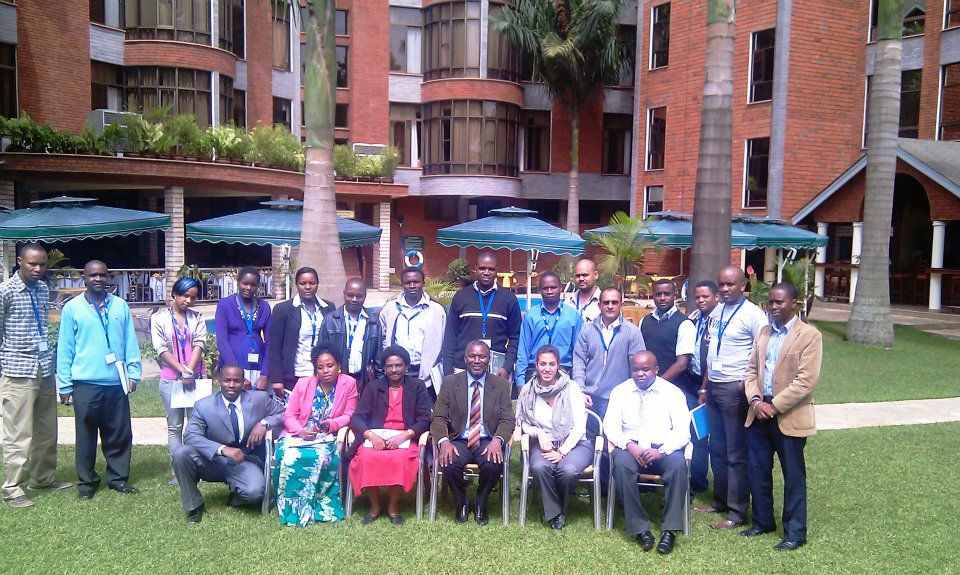Join our latest training session: Success at work
- What is it? Enhancing Personal Success through Employment
- Where? Equator Hotel, Arusha, Tanzania
- When? 29th & 30th November 2012
- Daily start and end times? 9:00AM to 4:30PM (with breaks in-between)

Would you like to achieve great results in your organization?
It is obvious that improving organizational performance depends upon improving the performance of employees. However, improving employee performance continues to elude the employee and the employer alike.
Breaking the vicious circle requires not only the possession of technical skills but also the ability of employees to navigate to performance excellence regardless of any hurdles. Understanding how to apply the principles of intrinsic motivation and how to work smartly and strategically can ensure employees focus on achieving results and personal success. Continue reading...




